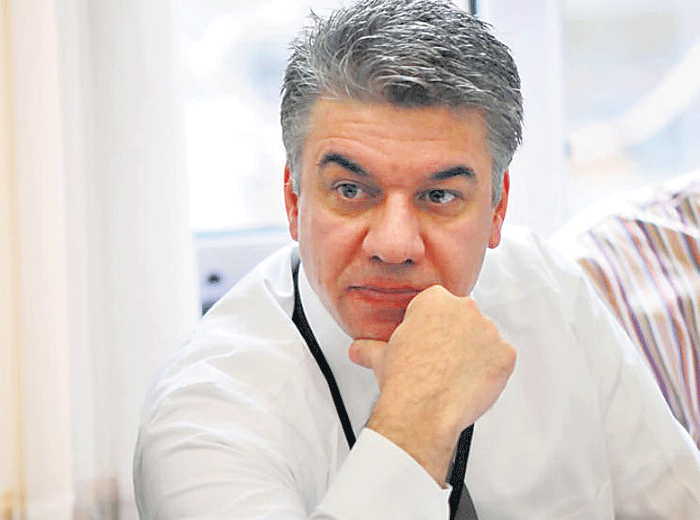Postgrad lives: 'Social media has empowered consumers'
John Fotis, 44, is at the end of the first year of a three-year PhD at Bournemouth University, where he is studying the links between tourism behaviour and social media websites

How did you come to do this PhD?
After a first degree in marketing at a university in Athens, I came to the UK to take a Masters in tourism marketing at the University of Surrey. After that, I had several marketing jobs on the island of Rhodes, and for the last nine years I have been a marketing consultant, working for hotels, travel agents and tourism organisations. I saw a scholarship for this PhD advertised by Bournemouth University, so I applied and got it.
What exactly is your research on?
I'm looking at the impact of social media on consumer behaviour — how people make decisions about leisure and travel, and how their decisions are influenced by social media.
What does "social media" cover?
It's a wider term than social networking, although it includes social network sites such as Facebook. It includes any sites where you can upload and exchange information with other users, such as review sites, blogs and discussion forums. The Trip Advisor site is a good example in tourism.
How has social media become relevant for tourists?
Until recently, people's decision-making when going on holiday consisted of several steps: first, you feel a need to go somewhere; then you do an information search; after that, you make a decision to purchase; finally, you go away. In this model, the information search is a single component with a defined start and end. I'm hypothesising that, due to the huge impact of social media, the information search runs in parallel to everything else throughout the process, including during the holiday, when a tourist might be seeking information on sightseeing, and doing reviews of hotels they've stayed at.
What's the scale of this?
Recent surveys reveal that 65 to 75 per cent of people go to internet sites to look for information when planning their holiday. Trip Advisor, for example, has 25 million people every month looking for information.
What are the implications for the tourism industry?
Social media is challenging how marketing has been working. Until recently, consumers could not communicate among themselves, and the marketing organisations controlled the information out there. Now social media has led to the empowerment of consumers, who are relying on each other's information and reviews.
How's your research organised?
First, I'm trying to gather as much material as possible. In the second phase, I'll do primary research, conducting focus groups, in-depth interviews and a questionnaire survey of holidaymakers. The third phase is analysis and writing up.
Are you enjoying it?
The more I explore the subject, the more excited I become. And the university is relatively small, which makes it friendly and personal.
How are you funding it?
The university scholarship covers fees and living costs, and I'm doing some teaching. I'm a part-time lecturer to hospitality and tourism marketing Masters students.
What next?
I intend to join academia in Greece or Cyprus, or to go back to tourism consultancy in a more strategic role.
Join our commenting forum
Join thought-provoking conversations, follow other Independent readers and see their replies
Comments